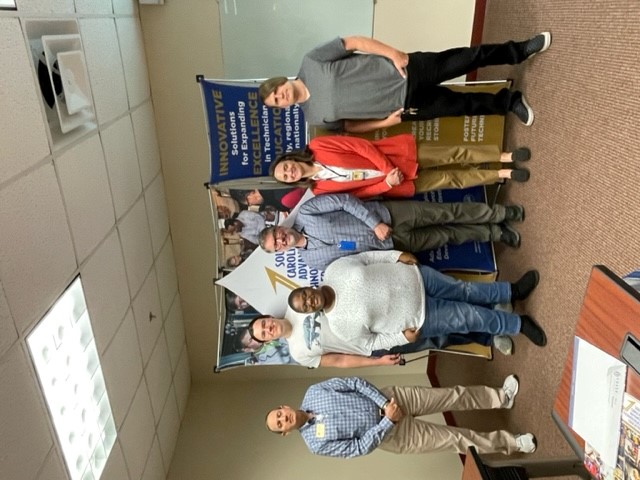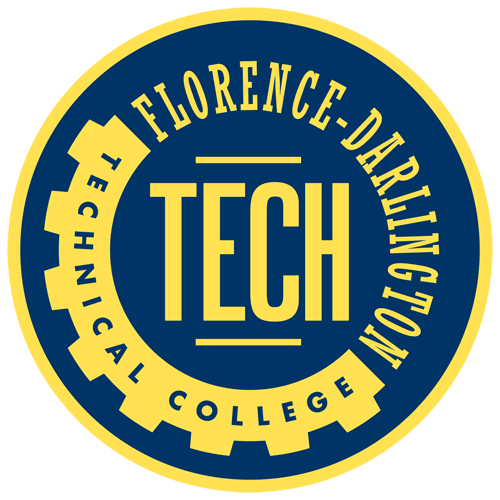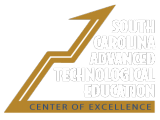New Center Leaders are Mentor-Connect Alumnus
Mentor-Connect alumni Jonathan Beck and Thomas Biller are the principal investigator and co-principal investigator, respectively, of the newest ATE Center –the Center for Autonomous Technologies (NCAT).
Beck and Biller received Mentor-Connect mentoring in 2013-14 from Mel Cossette, principal investigator National Resource Center for Materials Technology Education (MatEdU) and a seven-year mentor for Mentor-Connect.
Their first ATE project was Revolutionary Opportunities for Highly Educated Unmanned Aircraft Systems Technicians (DUE #1501629).
The abstract for their second ATE grant—Unmanned Aircraft Systems and Geospatial Information Technology Integration into Technician Education (DUE #1700615) states “Northland has the only accredited UAS maintenance program in the country and has helped define nationally recognized credentials in partnership with American Society for Testing and Materials (ASTM) and SpaceTEC. It launched the first two-year AAS degree program in the country in Geospatial Intelligence Analysis to respond to the growing need for technicians educated in this high demand career field and has recently created a small UAS Field Service Technician Program to develop the knowledge base in technical proficiencies required as small UAS are integrated into the national airspace system (NAS).”
The center grant is the third ATE grant that Beck is leading. Read more about the Center for Autonomous Technologies in this Community College Daily article. http://www.ccdaily.com/2019/07/funding-roundup-129/
Congratulations to Jonathan Beck and Thomas Biller, former @Mentor-Connect mentees (Cohort 2) featured in the photo along with their grant writer/administrator Curtis Zoller when they received formal mentoring from Mentor-Connect. They are the principal investigator and co-principal investigator, respectively, of the newest ATE Center –the Center for Autonomous Technologies (NCAT) at (@NorthlandCTC) Northland Community and Technical College’s Aerospace Campus in Minnesota. The center grant is the third ATE grant that Beck is leading. Read more about the Center for Autonomous Technologies in this Community College Daily article: http://bit.ly/30BCOfb.
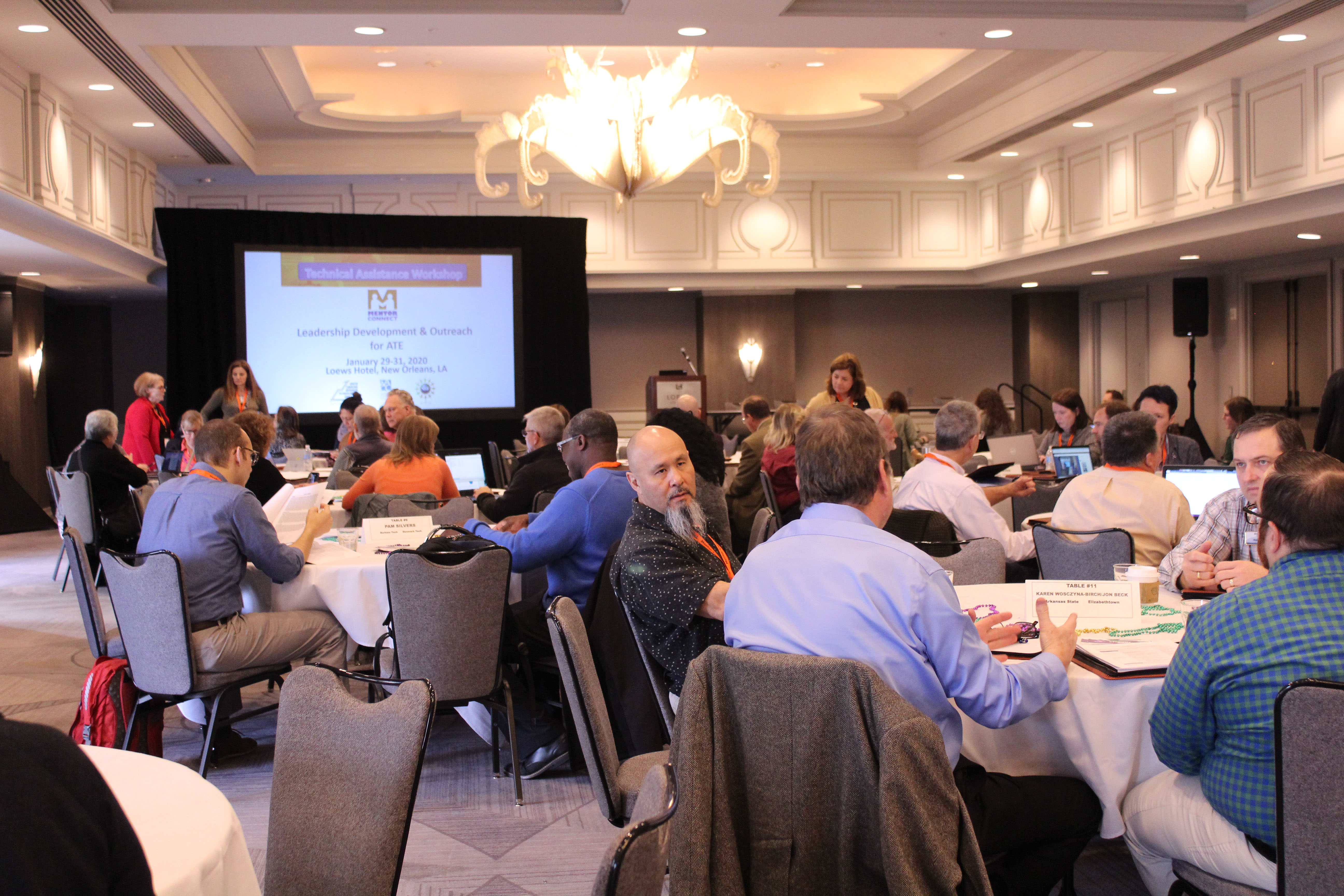

 Topics, activities, and exercises covered included:
Topics, activities, and exercises covered included: In addition to the aforementioned workshop, Cohort
In addition to the aforementioned workshop, Cohort 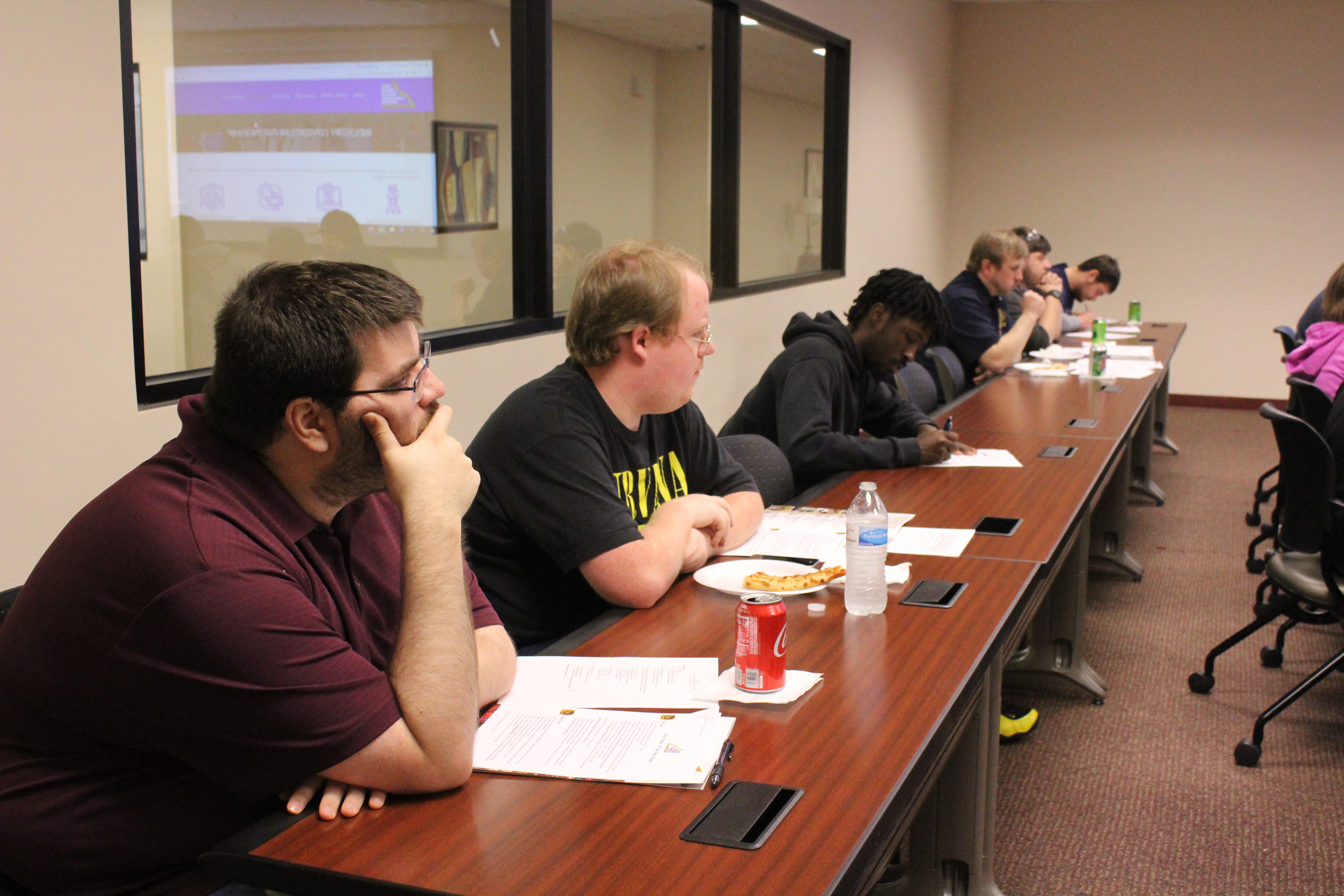 The Tech Stars project contributes to the national need for well-educated scientists, mathematicians, engineers, and technicians by assisting high achieving, low-income students with demonstrated need who major in one of the three related associate degree STEM programs within FDTC's Division of Technical and General Education, such as Computer Technology/Network Systems Management, Industrial Technologies, or Engineering Technologies.
The Tech Stars project contributes to the national need for well-educated scientists, mathematicians, engineers, and technicians by assisting high achieving, low-income students with demonstrated need who major in one of the three related associate degree STEM programs within FDTC's Division of Technical and General Education, such as Computer Technology/Network Systems Management, Industrial Technologies, or Engineering Technologies.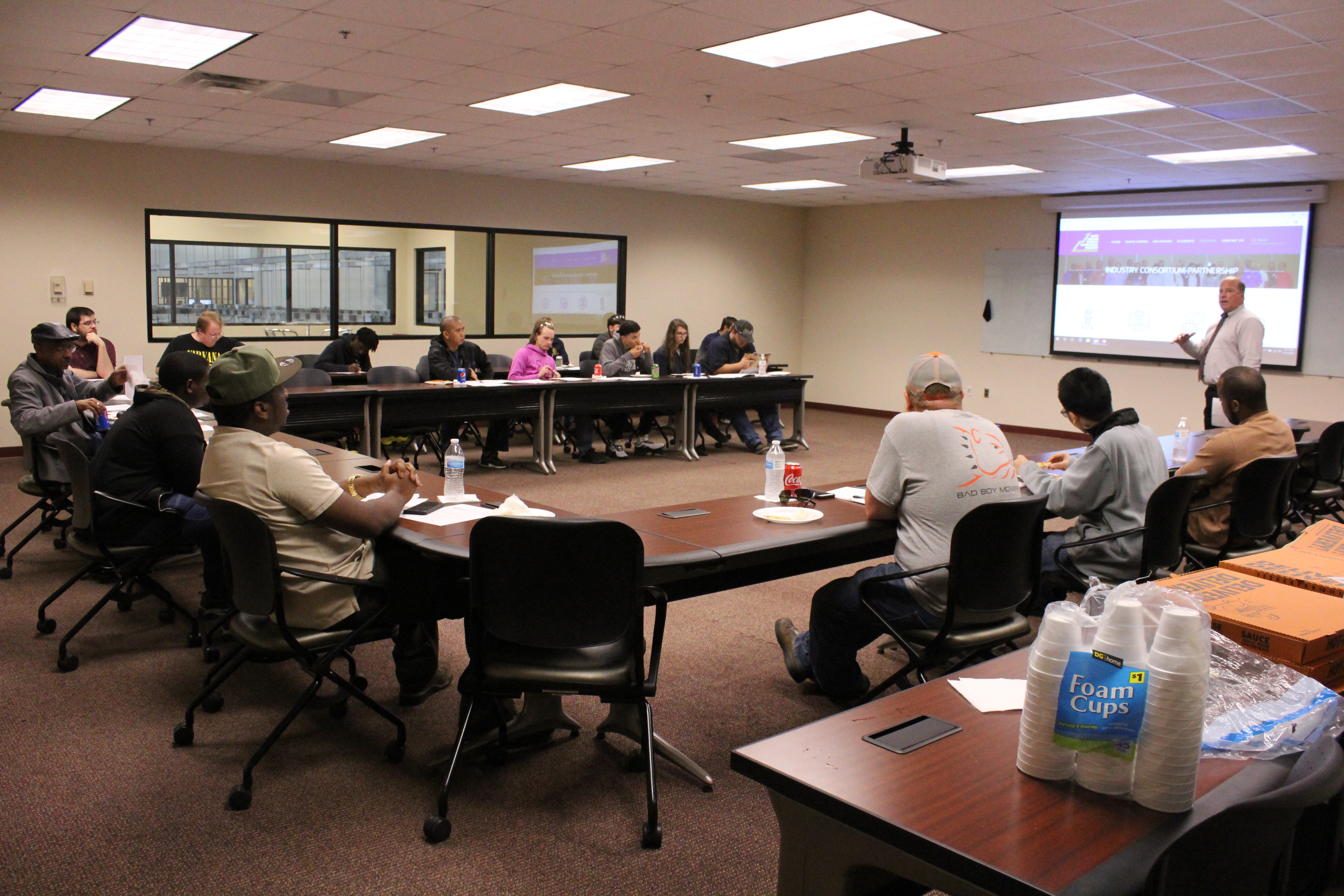
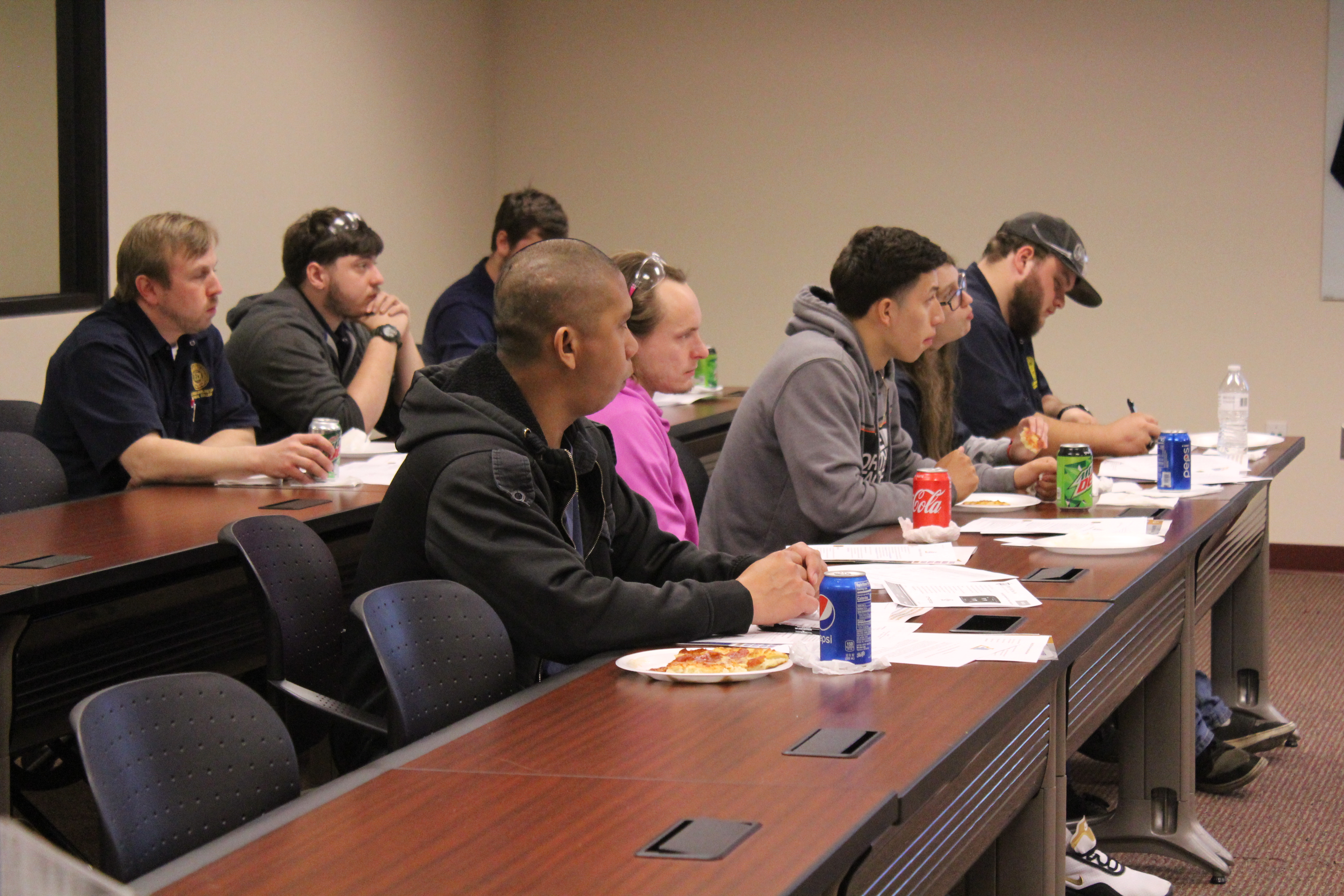 Tech Star students that could not attend the orientation session or desire additional information can speak individually with Roberts to review program requirements and expectations as well as how to connect with internship opportunities from local and regional industry partners.
Tech Star students that could not attend the orientation session or desire additional information can speak individually with Roberts to review program requirements and expectations as well as how to connect with internship opportunities from local and regional industry partners.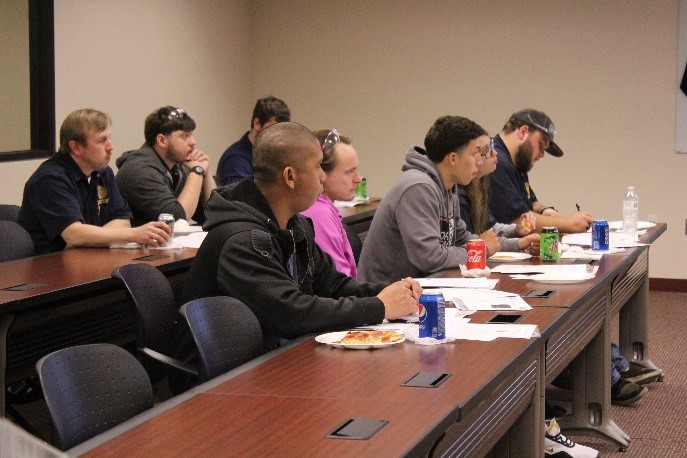 The Tech Stars project contributes to the national need for well-educated scientists, mathematicians, engineers, and technicians by assisting high achieving, low-income students with demonstrated need who major in one of the three related associate degree STEM programs within FDTC's Division of Technical and General Education, such as Computer Technology/Network Systems Management, Industrial Technologies, or Engineering Technologies.
The Tech Stars project contributes to the national need for well-educated scientists, mathematicians, engineers, and technicians by assisting high achieving, low-income students with demonstrated need who major in one of the three related associate degree STEM programs within FDTC's Division of Technical and General Education, such as Computer Technology/Network Systems Management, Industrial Technologies, or Engineering Technologies.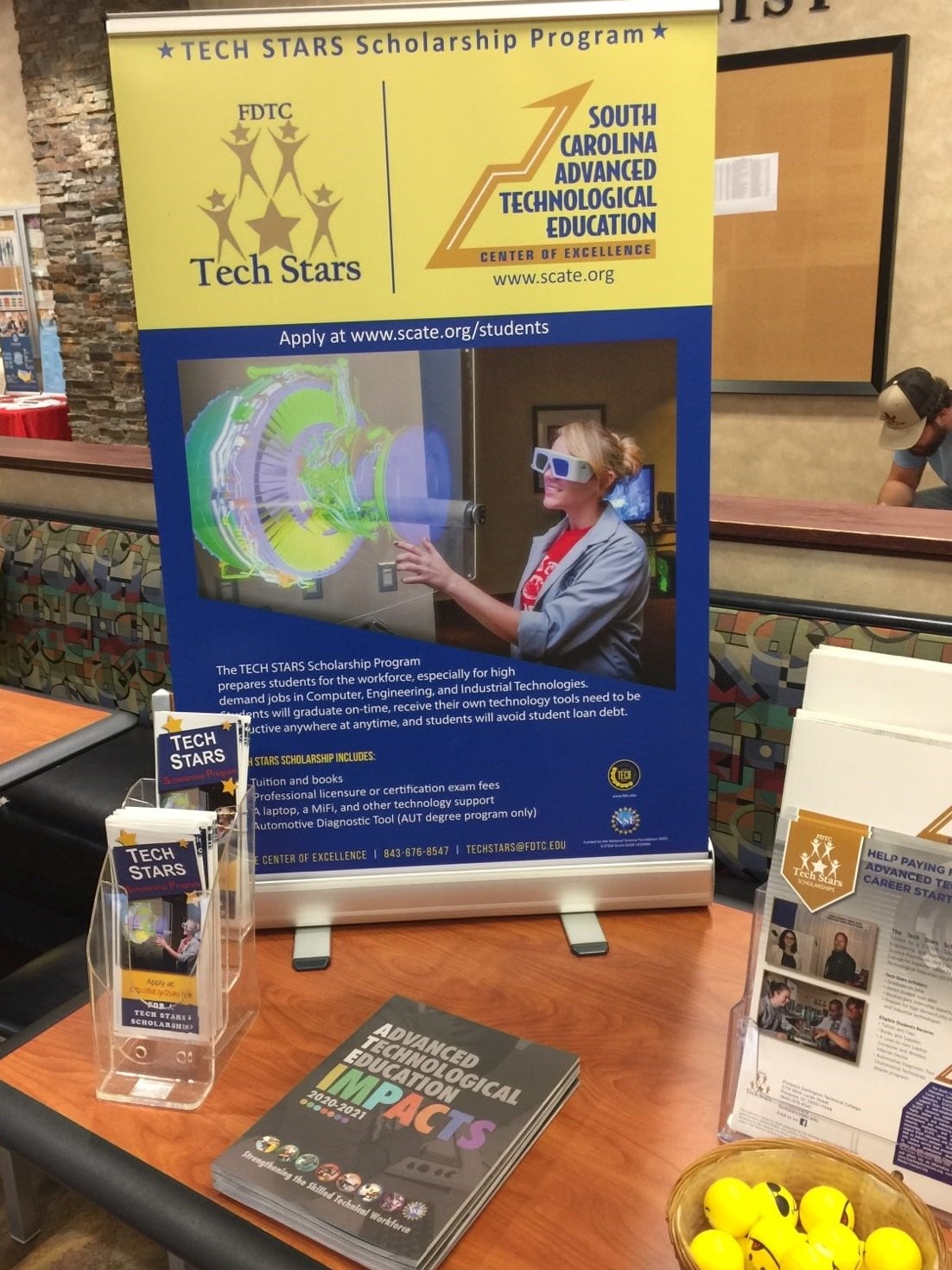 Tech Star students who need additional information can speak individually with Mr. Roberts to review program requirements and expectations as well as how to connect with internship opportunities from local and regional industry partners.
Tech Star students who need additional information can speak individually with Mr. Roberts to review program requirements and expectations as well as how to connect with internship opportunities from local and regional industry partners.